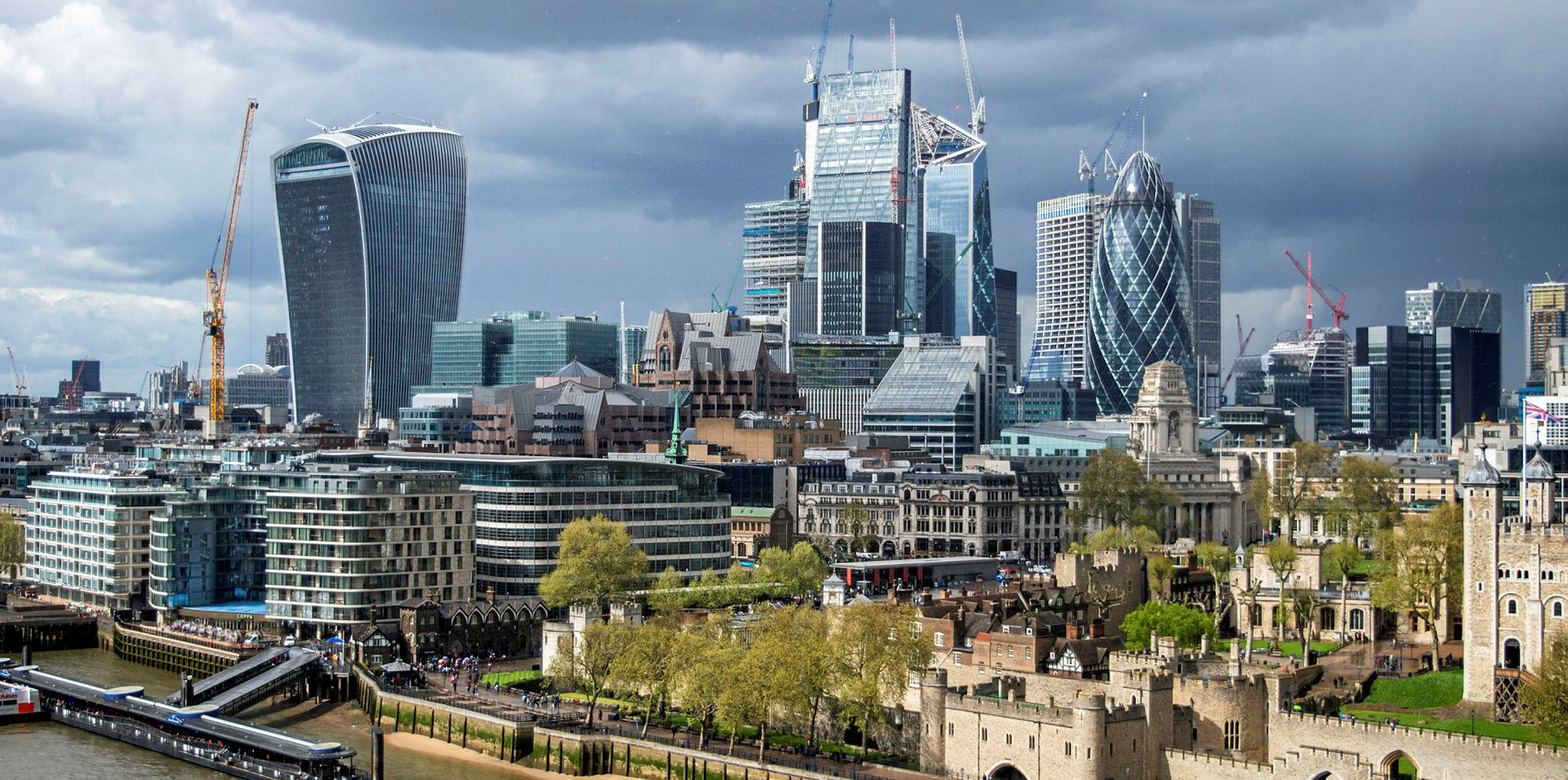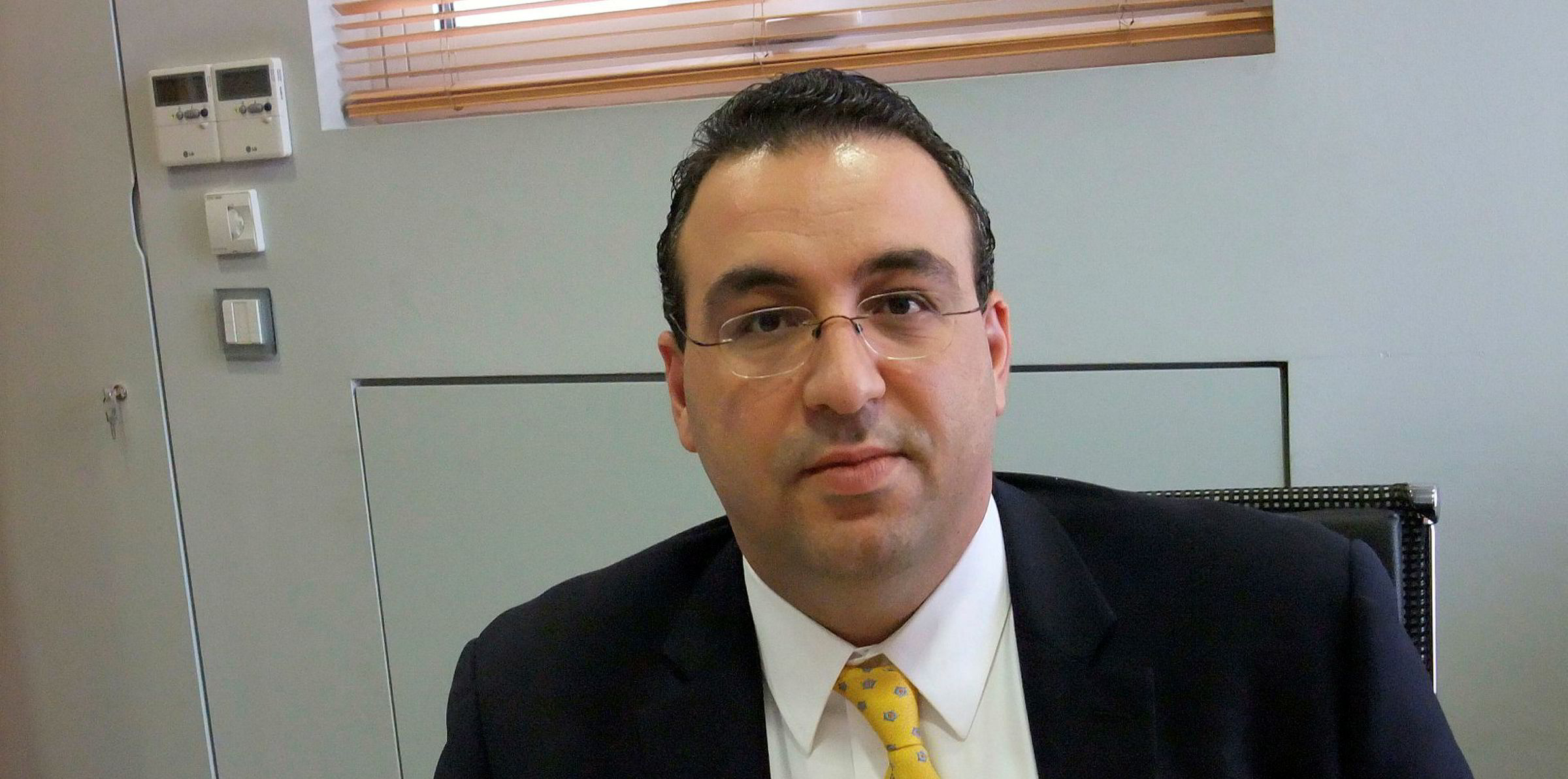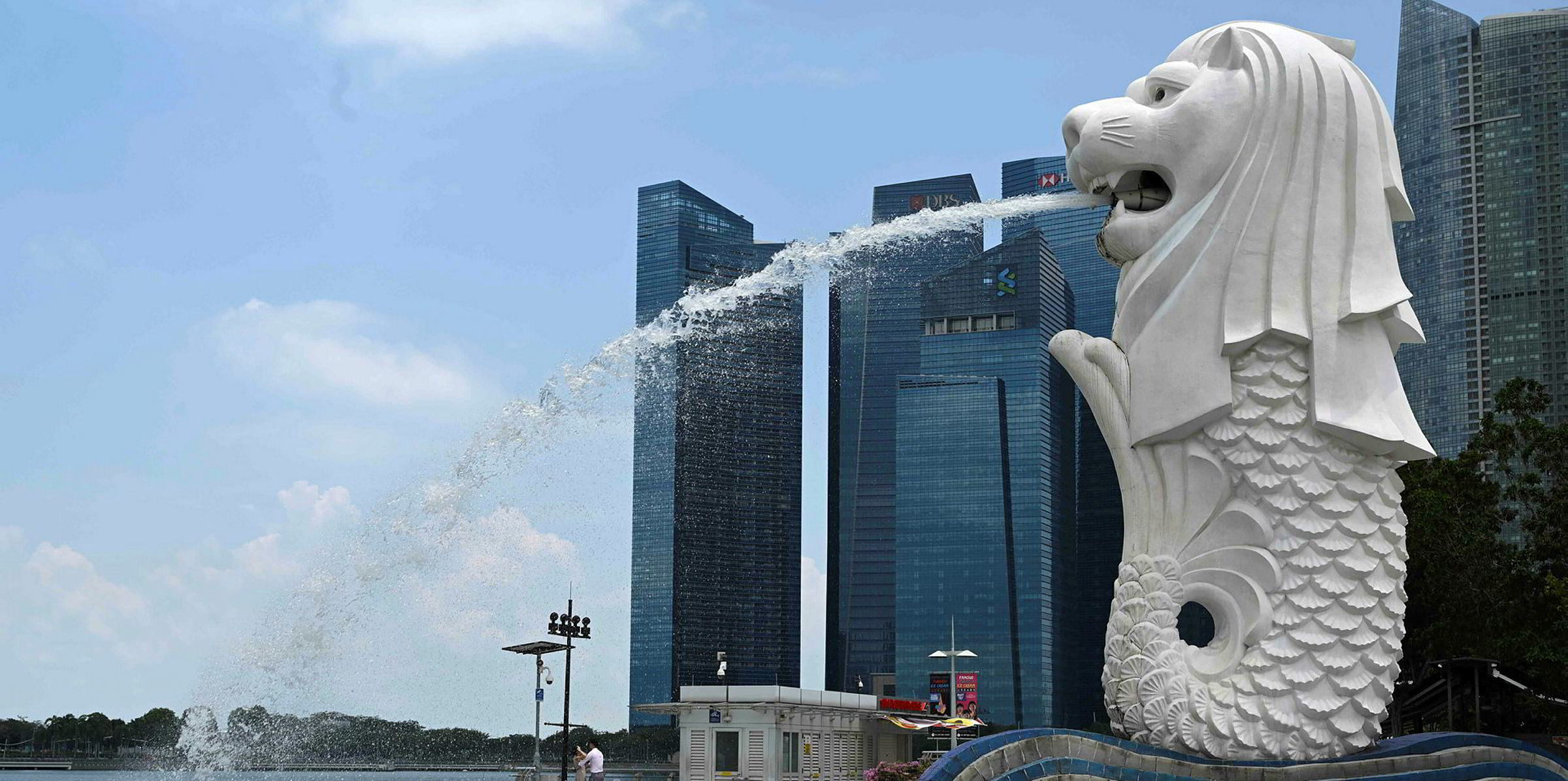London continues to lead the way in international shipping arbitration, with an 80% share of cases.
Research by global law firm HFW has revealed the UK capital handled 1,737 maritime arbitrations in 2019 – up 14% on the previous year.
This equates to around 83% of all international maritime arbitrations that year, according to HFW's analysis of data from major arbitral institutions around the world.
Singapore and Hong Kong – London's two strongest competitors – trailed with 229 and 124 international maritime arbitrations in 2019, respectively.
HFW partner Craig Neame said: "This data clearly shows the extent of London’s continued dominance in the international maritime arbitration industry, and we see nothing to suggest that will change anytime soon.
"Credibility and trust in London’s arbitration centres remain high amongst international parties – the London Maritime Arbitrators Association (LMAA) accounted for 96% of all international maritime arbitrations globally in 2019."
He points to Singapore and Hong Kong as attractive to companies in Asia, and in recent years the UAE has launched the Middle East's first dedicated maritime arbitration centre – the Emirates Maritime Arbitration Centre.
In addition, the Nordic Offshore and Maritime Arbitration Association was established as an alternative to post-Brexit London for both maritime and non-maritime international disputes.
Future hard to predict
Neame said: "They may emerge as future forces in international maritime arbitration, but, for now, London – and English law – continue to rule the waves.
"As the UK continues through its post-EU transition period, and the world grapples with the Covid-19 pandemic and its economic aftershocks, it is difficult to predict with absolute certainty the future maritime arbitral landscape."
He added: "However, as companies within the industry start to face economic challenges and ensuing disputes as a result of the post-pandemic global financial downturn, we expect the use of arbitration to increase.
"In these challenging times, the flexibility, faster resolution and potentially lower costs offered by arbitration may make it an increasingly popular choice for resolving maritime disputes."
Previous reporting by TradeWinds has indicated London has been quick to adapt this year to coronavirus restrictions, with video hearings taking place through lockdowns in the UK and elsewhere.
Business as usual
The LMAA, which sees 95% of its caseload in London, has recently reassured its members that, with approximately 80% of their London maritime arbitration cases conducted using documents only, much of their current activity is business as usual and remains unaffected by Covid-19 restrictions.
Adapting like this "could be key to arbitration institutions continuing to attract maritime dispute cases in 2020," HFW believes.
In Hong Kong, the Hong Kong International Arbitration Centre (HKIAC) dealt with approximately 44 new international maritime arbitrations in 2019, up from 38 in 2018.
The Hong Kong Maritime Arbitration Group (HKMAG) received 63 maritime arbitral appointments in 2018, and HFW was told it saw a modest increase in its caseload in 2019.
Paris, with its long-standing reputation in Europe for maritime dispute resolution, continues to be a forum worthy of note as a regional maritime centre, the law firm said.
Its arbitral institutions, the ICC and the Chambre Arbitrale Maritime de Paris (CAMP), hosted approximately 43 maritime arbitrations in 2019 and 2018.
"This represents approximately 2.5% of London’s caseload for 2019 and 3% for 2018, although it should be noted that Paris has a significant ad hoc arbitration caseload that has not been included here," it added.
Arbitration institutions in the US and China are also known to handle significant numbers of maritime disputes.
The Society of Maritime Arbitrators (SMA), the Maritime Arbitration Association (MAA) and the Houston Maritime Arbitrators Association (HMAA) do not make their arbitration statistics public and have not been able to provide their 2018 or 2019 data to HFW this year.
China’s Maritime Arbitration Commission (CMAC) is a thriving arbitral institution handling mostly regional maritime disputes, the law firm said.
International maritime companies with no connections to China rarely choose the jurisdiction for dispute resolution and, for this reason, HFW has not included figures for China in its report.







